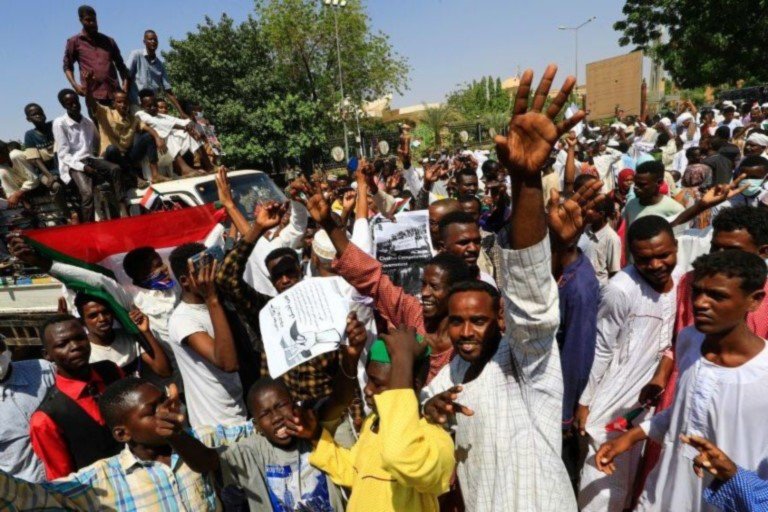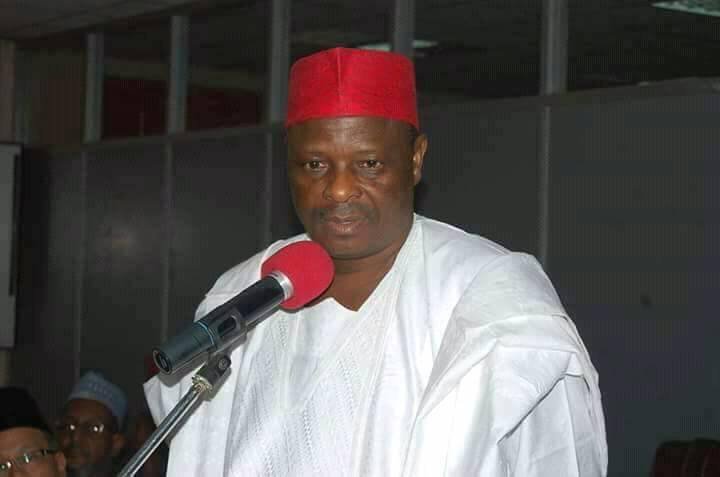The Senegalese government has stated that internet access will be restricted beginning this week in order to reduce the propagation of abusive sentiments on social media.
This new declaration from the country’s communications minister, Moussa Bocar Thiam, comes after an opposition leader, Ousmane Sonko, was charged on Saturday with rebellion, criminal conspiracy, and other charges.
The Senegalese government will ban internet access for the second time in 2023. Social media usage in the country had been restricted following the arrest of opposition leader Ousmane Sonko, who was sentenced to two years in prison, and a tweet from PASTEF (Patriotes Africains du Sénégal Pour le Travail, l’Éthique, and la Fraternité), which called on all Senegalese citizens to take to the streets and protest the verdict, report said.
At the time, the Ministry of Communication, Telecommunications, and the Digital Economy announced that the Internet of Mobile Data was temporarily suspended during certain time slots due to the dissemination of hateful and subversive messages in the context of public order disturbances in certain localities of the national territory. Telephone operators must comply with any notified requisitions.
Senegal’s experience with internet outages
Senegal’s latest internet restrictions are surprising considering that the country is regarded as one of the region’s more stable democracies. Senegal will block social media applications in 2021 after a protester was killed in a scuffle with police, marking the West African country’s second internet outage in three years.
This second internet limitation in 2023 would not be welcomed by the population.
A Senegalese wrote earlier this year to explain the agony of enduring an internet blackout.
“I can confirm that we are experiencing significant difficulties with communication channels and information sharing.” We’ve been utilizing VPNs to access networks like Twitter, Instagram, Facebook, and WhatsApp since the third week of June.
“This is done voluntarily in order to censor information because the majority of the print and television press is corrupt, and for the few that aren’t, the regulatory authority blocks their signal.”
Internet censorship aims to protect intellectual property, regulate cybercrime, and prevent the spread of false news such as hoaxes and propaganda. However, there are two sides to every coin, and the subject of internet regulation presents both benefits and drawbacks.
According to Impakter, internet disruptions may cost a country’s economy millions of dollars since they prevent consumers and companies from doing online transactions and interfere with online banking systems. Senegal has lost $16.7 million as a result of internet disruptions that have affected 8.01 million people.
Internet failures are not only destructive to Africa’s economy on a daily basis; a government closure of internet access breaches rights and undermines democracy. Furthermore, it has the potential to quell the violent demonstrations that have plagued the country that was once touted as Africa’s paragon of peace and stability.











